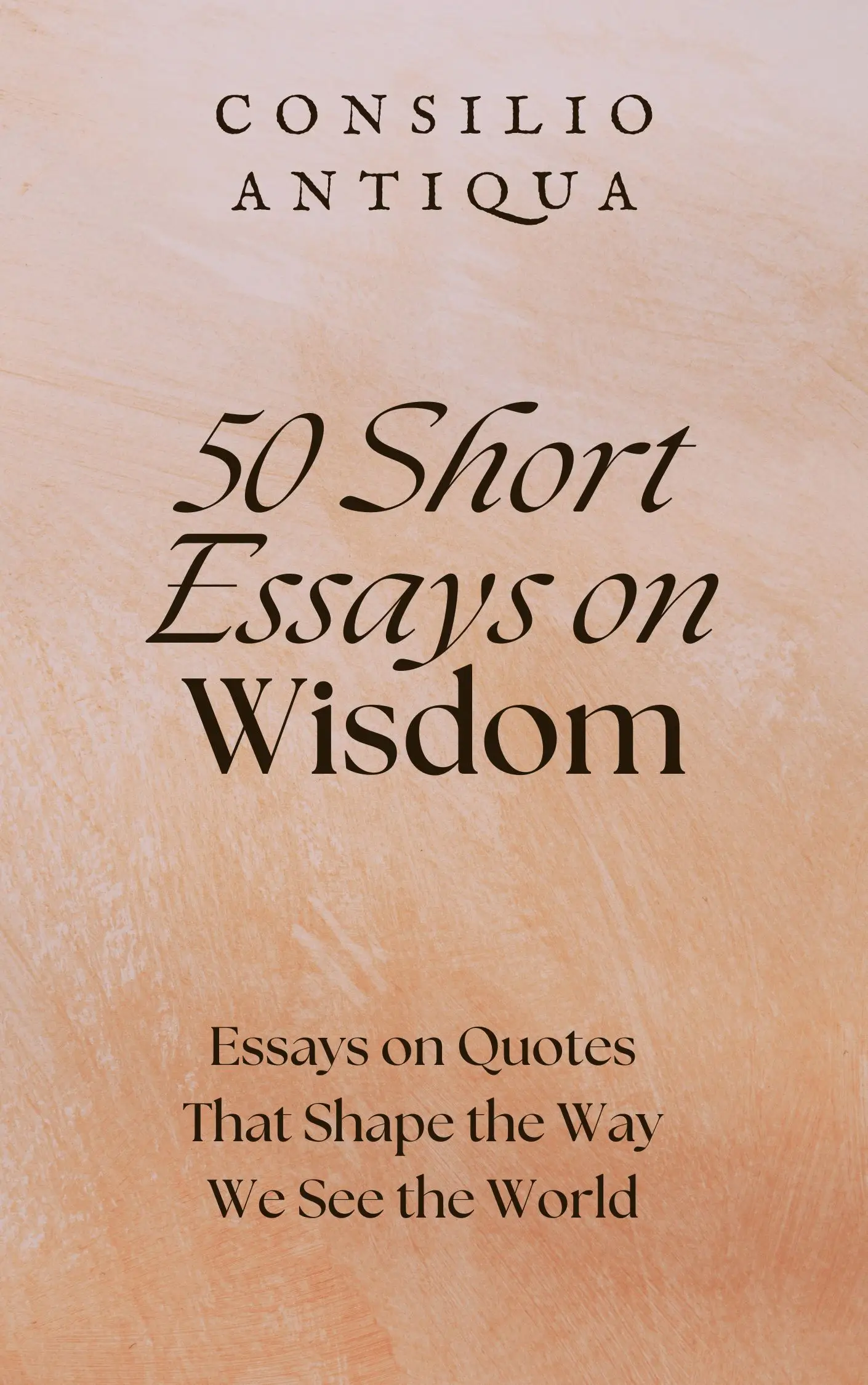
50 Short Essays on Wisdom | The Unseen Strength
The Unseen Strength
"Turn the other cheek." - Jesus Christ
The sting of injustice, the raw ache of betrayal – these are familiar companions in the human experience. We react, often instinctively, with a mirroring force, a tit-for-tat dance that escalates conflict, leaving a trail of bitterness in its wake. Yet, nestled within the Sermon on the Mount, a seemingly paradoxical teaching offers a different path: “Turn the other cheek.” This seemingly simple phrase, uttered by Jesus Christ, holds within it a profound wisdom, a radical challenge to the very fabric of our reactive nature, a call to a power that transcends brute force.
The origins of this teaching lie within the context of first-century Palestine, a land steeped in Roman occupation and simmering with social unrest. For the marginalized and oppressed, the very act of resistance often invited brutal retaliation. Turning the other cheek, therefore, wasn't a passive surrender; it was a strategic disruption of the expected cycle of violence. It was a refusal to participate in the dominant power structure's game of retribution, a subtle yet powerful act of defiance. Early interpretations varied, with some emphasizing absolute pacifism, while others saw it as a call for strategic nonviolent resistance, a nuanced approach that has been debated and reinterpreted across millennia.
At its core, the wisdom of “turning the other cheek” lies not in weakness, but in a radical form of strength. It’s a strength born not of aggression, but of a deep inner transformation, a shift from a reactive to a proactive stance. It requires a conscious choice to disrupt the ingrained patterns of retaliation, to refuse to be consumed by the fire of anger and resentment. It’s about choosing love, not as a sentimental gesture, but as a powerful force capable of dismantling the structures of oppression and hatred. This wisdom endures because it speaks to a fundamental human yearning: the desire for peace, for a world free from the endless cycle of violence.
The relevance of this ancient wisdom in our contemporary world is undeniable. From personal conflicts in relationships to large-scale political and social movements, the temptation to retaliate is ever-present. Consider the power of non-violent resistance movements throughout history – from Gandhi's struggle for Indian independence to the Civil Rights Movement in the United States. These movements, rooted in the principle of non-violent resistance, demonstrated the transformative power of choosing love over hate, forgiveness over retribution. Yet, the application of this wisdom is not without its challenges. In a world where power often equates to aggression, choosing non-violence can feel like a dangerous vulnerability, a naive idealism in the face of overwhelming force.
The personal journey of embodying this wisdom is a continuous process of self-reflection and growth. It requires a willingness to confront our own ingrained biases and reactive tendencies, to cultivate empathy and compassion, even towards those who have wronged us. It’s a journey of letting go of the need for control, of surrendering to a power greater than ourselves. It’s a journey that can lead to a profound sense of inner peace, a liberation from the chains of anger and resentment. But it's also a journey that requires honesty; there are times when self-preservation necessitates a different response. The question, then, becomes not one of blind adherence, but of discerning wisdom – knowing when to stand firm and when to yield, when to fight and when to forgive.
Ultimately, the wisdom of “turning the other cheek” is a call to a higher consciousness, a challenge to transcend the limitations of our reactive selves and embrace a more compassionate and just world. It is a reminder that true strength lies not in the ability to inflict harm, but in the capacity to resist it, not through brute force, but through the quiet, unwavering power of love. What if, instead of mirroring the violence of the world, we chose to disrupt it with an unexpected act of grace? What might that create?
